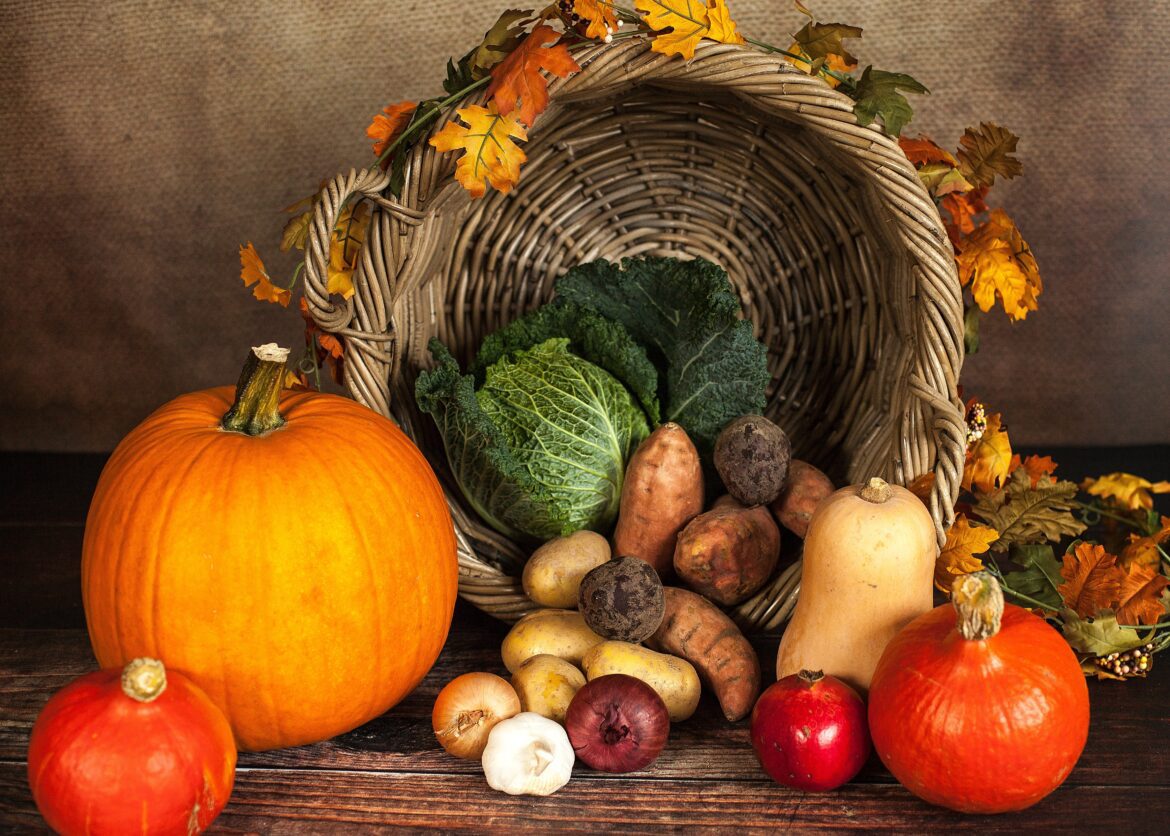Are you someone who’s trying to figure out the best way to eat healthy? If so, it is important for you to understand the differences between organic and non organic food. In this article, we will discuss five major differences between organic and non organic food to help you understand which one may be the best option for your diet.
Type of Produce:
Organic produce is grown without synthetic pesticides or fertilizers. Non-organic produce can have pesticide residue and other chemicals that can have an effect on our metabolism, hormones or reproductive system.
Organic Standards:
Produce labeled as “organic” must adhere to specific production methods mentioned by the U.S. Department of Agriculture (USDA). This includes using only natural pest control products, avoiding antibiotics and hormones in livestock production, using only natural soil and avoiding any type of genetic changes. Non organic produce does not need to adhere to such conditions.
Nutrientional Content:
Organic foods are usually higher in certain vitamins and minerals especially antioxidants than their non organic alternatives because they don’t rely on chemical fertilizers or other additives for growth. The presence of more microorganisms in organic soil also increases nutrient content in organic produce compared with conventionally grown fruits and vegetables.
Environmental Impact:

Organic farming systems are designed with sustainability in mind – meaning that farmers strive through growing practices like no-tillage agriculture or cover crops, to reduce water runoff or water pollution, erosion, etc., while preserving soil quality at the same time. Meanwhile, conventional agriculture tends to use up most of its resources without replenishment—a practice known as ‘mining’ soil nutrients over time—which reduces land fertility while creating environmental risks like increased runoff that degrades rivers, lakes, and marine life habitats over time.
Cost/Value Ratio:
Organic foods often cost more than non-organic foods because they require more labor input from farmers who care about producing quality products safely without harming the environment through chemical-based farming practices; Organic foods have a better nutritional value per dollar spent than their conventional alternatives making them a good investment for people looking for health benefits from nutritious foods on a budget!
Pesticides & Chemicals Used
Non-organic foods are grown with synthetic pesticides and chemicals. These are usually sprayed directly on the crops and can linger long after they’re gone. Organic foods, on the other hand, don’t use synthetic pesticides or chemicals, instead relying on natural methods such as crop rotation to prevent pests from attacking the crops.
Taste & Appearance
In general, one of the biggest differences between organic and non organic food is taste and appearance. As a result of not using artificial additives or processing techniques on produce during production, many consumers find that organic food production food has better flavor as well as a more vibrant color than non organic food items.
I hope you enjoyed finding out about the differences between organic and non organic food. Now you can make an informed choice better for your health: Organic or Non-Organic?


